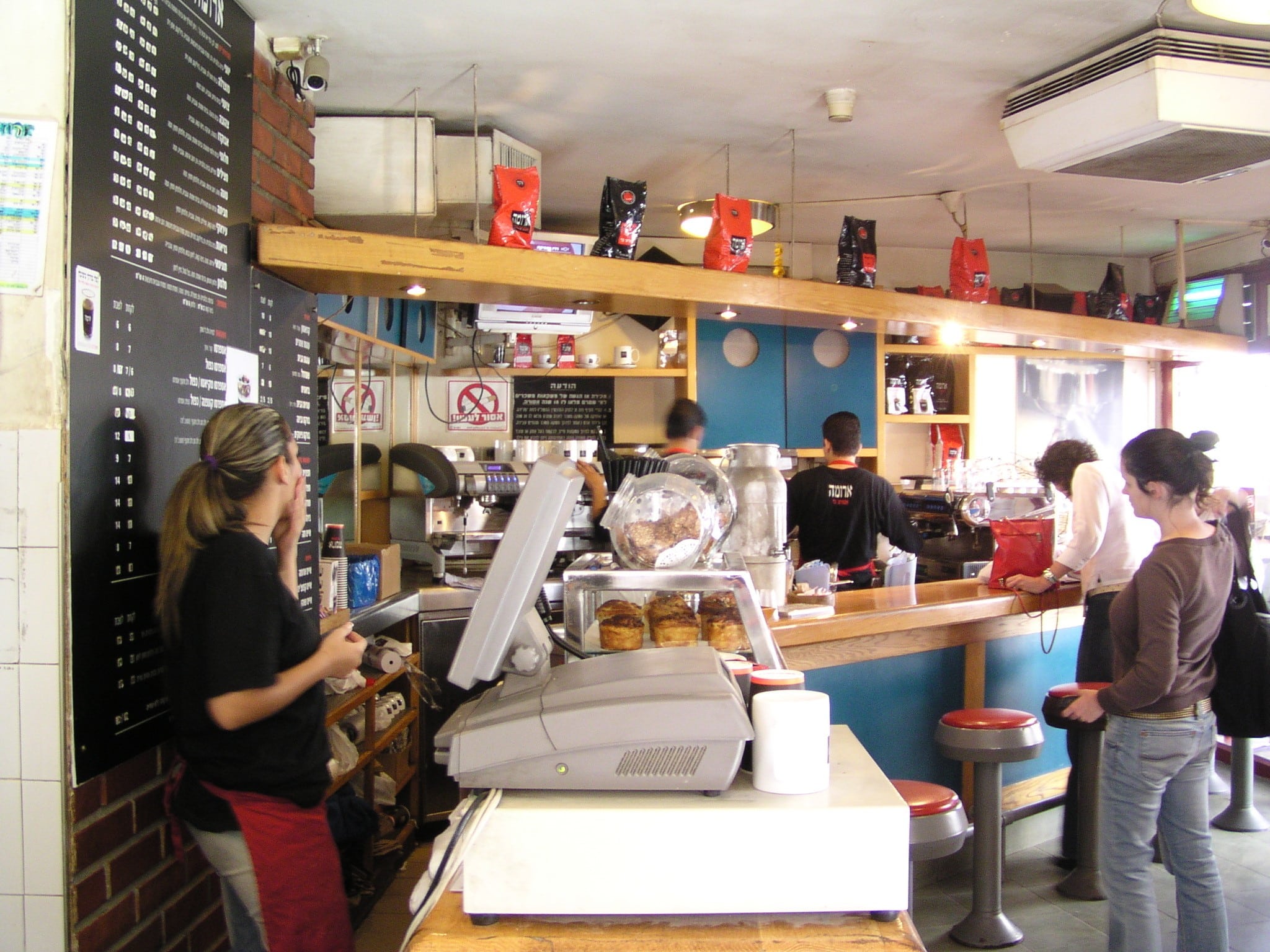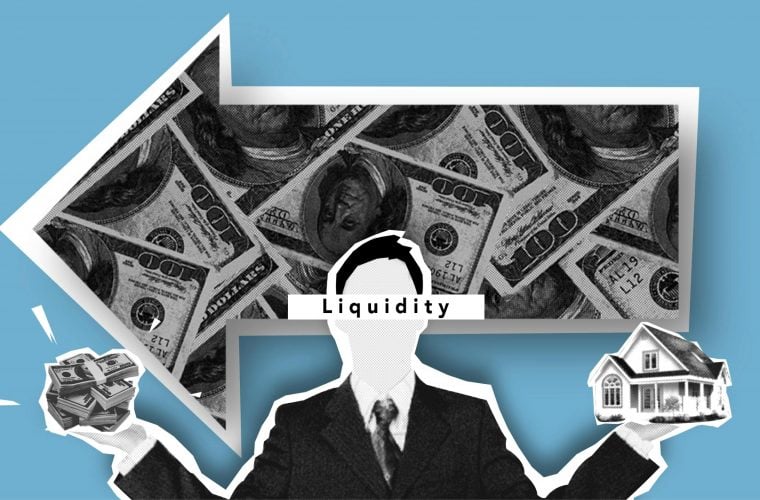
5 Ways To Utilize Your Startup Funds In Retail
Starting a retail business can be tough. Once you’ve gathered your funds, whether that be through savings, investors, or small business loans, you need to decide how you are going to spend that money to get the most out of it. Here are a few of the big budget items you will need to consider:
Storefront
Any retail outlet needs somewhere to be. And that location can make or break the business. Be prepared to spend quite a bit of your startup capital to secure the proper place for your store. Additionally, you will need to budget for any improvements space might require, like a change of layout or installing shelving. You need your store’s name on the door, and on the sign out in the parking lot. Getting these designed, made, and installed can eat away at your funds.
Do not forget there are ongoing charges as well. Cost for the rental of the space, utilities, insurance, cleaning, maintenance, and association fees. Planning to use a part of your startup funding to pay these regular bills for several months to a year, or until your business is profitable will keep your doors open during that slow buildup to success.
Not every retail store has a physical presence. If you are opening an online store, you still have expenses, domain name, web hosting, credit card fees, which are entirely different from a ‘brick and mortar’ business. Research your needs and be sure you set aside enough to meet them.
Inventory
Merchandise costs money and you need an initial purchase to stock your shelves. Depending on what you sell, you might need to be changing your inventory continually. Some items, like food, have a limited shelf life and must be discarded after their sell-by dates.
Even with more durable goods like clothing, there are seasons where you must change out your stock to match the time of year. Selling shorts during the ski season and parkas while people are floating the river is a sure way to limit your sales. Add the cost of storing any of your inventory that is not out on display as well. Keeping a limited amount of excess inventory can reduce this cost, but at the risk of running out of items to sell
Employees
Unless you are running your whole business yourself, you will need to consider the cost of employees. Beyond the expense of paying wages, remember there is overhead above the basic dollar per hour figure. Taxes and benefits can come as a shock, but do not forget you will have to pay for your payroll processing as well. Other easily overlooked costs include hiring and training expenses. Advertising positions, interviews, and background checks all cost money or time. Educating a new employee in all your processes is time spent paying someone but not getting their work in return. Another piece of your initial capital goes to your first few employees.
Technology
Even brick and mortar businesses need a certain amount of technology to make them successful. Investing in an efficient Point of Sale (POS) system designed for the retail market gives so much benefit that you should be prepared to pay more than the minimum. Every business needs a phone, and most need a computer. A printer, music system, and a variety of other small expenditures will add up to a surprising total.
Online stores can have significant costs here as well. Depending on the sophistication of the site, it may be necessary to hire a design firm to put it together for you. Alternatively, using services that provide the technology you need for a regular fee, either a percentage or a monthly amount, can fill your needs.
Marketing
While your investments in the more physical aspects of your business are essential, you need to get the word out that you exist. Marketing your store, advertising, and promotions can take a lot of funding. Design of a logo and a website, even for a brick and mortar establishment, business cards, flyers or posters, temporary signage, all this costs money.
Perhaps, not every method of marketing is necessary for your store, for example, radio ads might be enough where television is unnecessary, but there will be a few things you will need to invest in, or no one will know you are there.
One thing to remember is that the money you are using is there for a single purpose, that is to make your business succeed and be profitable. Keep that key point in mind every time you make a decision to spend. Avoid the frivolous items in order to keep money available for necessities.
By considering these points when you see a need or opportunity to spend, you will be able to move quickly and with assurance to take advantage of it. Every dollar you spend should be moving you toward the goal of retail: profitable sales.














